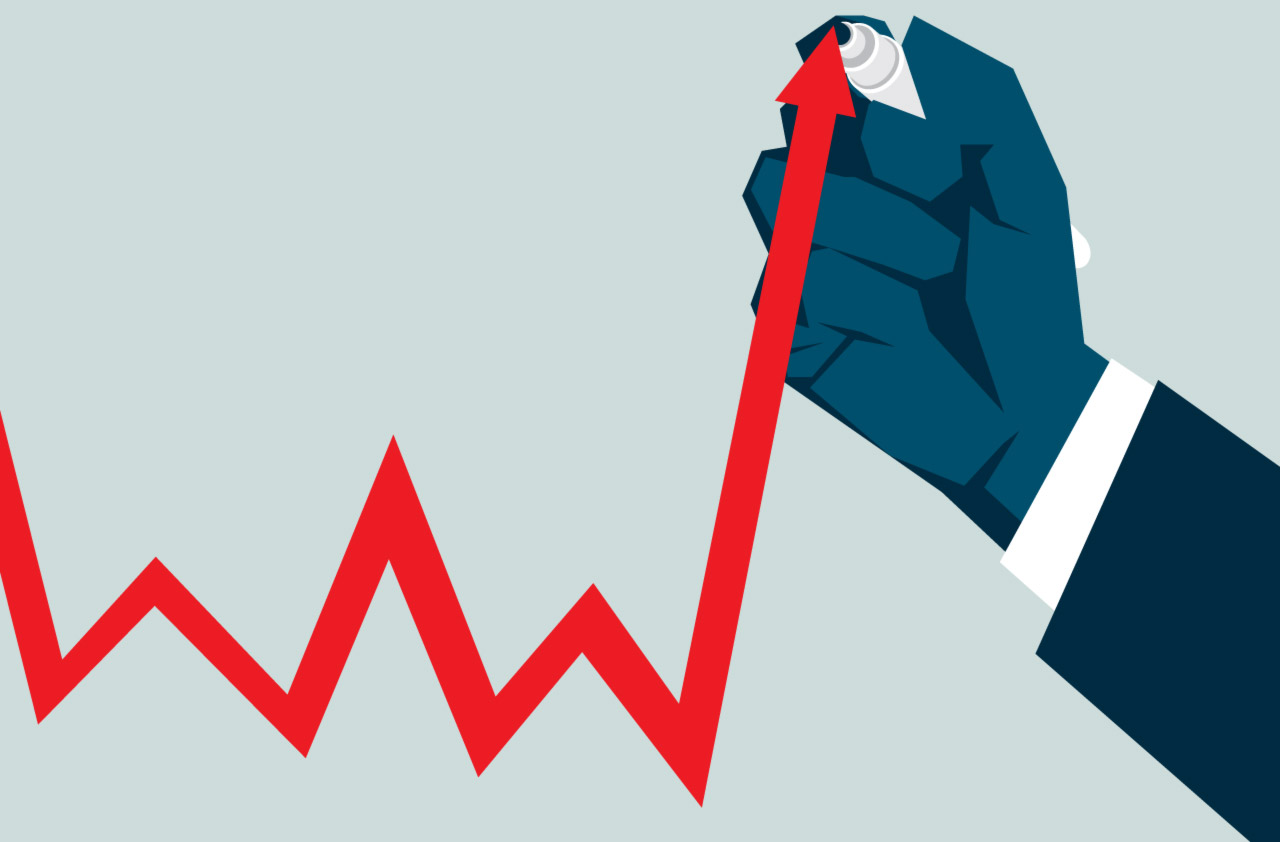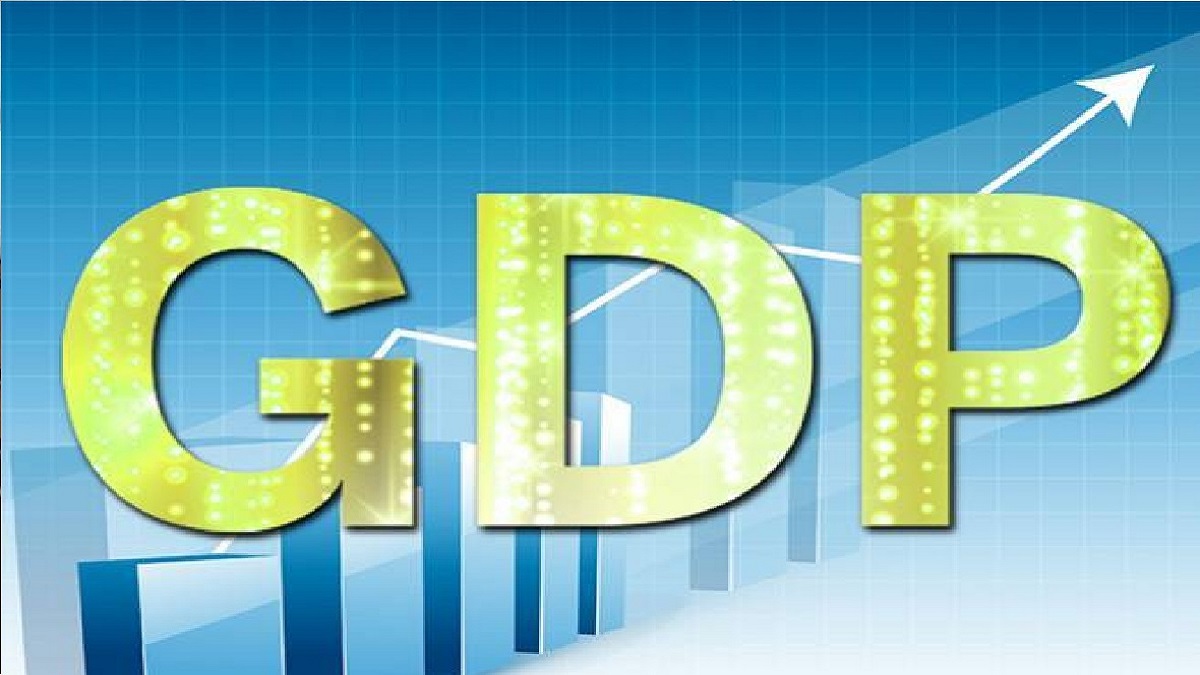US economic growth and inflation challenge: The United States economy experienced substantial growth over the three months concluding in September, surpassing the previous quarter and dispelling concerns about an impending recession. Nevertheless, this robust economic performance presents challenges in the battle against inflation.
Recently released GDP data, which exceeded economist expectations, further underscores the signs of a resilient economy resisting the Federal Reserve’s attempts to curb inflation by slowing economic activity.
Earlier this month, an exceptionally strong jobs report surpassed economist forecasts by nearly double. Additionally, consumer spending, which constitutes a significant portion of the country’s economic activity, saw a substantial increase in September, as evidenced by data released last week.
The U.S. GDP expanded at an annualized rate of 4.9% during the three-month period ending in September, a significant acceleration from the 2.1% annualized rate observed in the previous quarter. A significant part of this growth is attributed to increased consumer spending, as reported by the Bureau of Economic Analysis, a government agency.
Consumers increased their spending on services such as medical appointments and dining out, as well as on goods like cars and prescription drugs. Exports and government spending also contributed to GDP growth.
Consequently, personal savings decreased during the third quarter as consumers engaged in a spending spree. The share of disposable income saved stood at 3.8% in the three months ending in September, down from 5.2% in the previous quarter.

This robust performance may prompt the Federal Reserve to raise interest rates at its upcoming meeting in an attempt to combat persistently high inflation.
Federal Reserve Chair Jerome Powell acknowledged the unexpectedly strong economic performance in recent months during a luncheon in New York City last week. He stated that the central bank is closely monitoring the resilience of economic growth and the demand for labor. Powell cautioned that such growth could jeopardize progress in controlling inflation.
Read more about the US economic growth and inflation challenge
Although inflation is currently below its peak of over 9% from last year, it has stagnated in recent months and remains more than a percentage point higher than the central bank’s target rate.
Despite recent economic growth, there is cause for concern due to the rapid increase in the yield of the 10-year Treasury bond, which has driven up borrowing costs for both consumers seeking mortgage loans and corporations looking to expand their businesses.
This surge in borrowing expenses poses a threat to economic activity in the coming months, with economists anticipating a slowdown later this year.
The housing market serves as a prime example of the financial challenges posed by rising mortgage rates. The average interest rate for a 30-year fixed mortgage reached 8% last week, as per data from Mortgage News Daily.
High mortgage rates have significantly dampened the housing market, dissuading home buyers due to steep borrowing costs, and encouraging home sellers to remain in their homes with existing mortgages at comparatively lower rates.
Mortgage applications have plummeted to their lowest level since 1996, according to the Mortgage Brokers Association’s report earlier this month.
In response to rising mortgage rates, major housing industry groups expressed “profound concern” in a letter last week, urging the Federal Reserve to halt further increases in its benchmark interest rate.

Business leaders and policymakers will closely monitor the Federal Reserve’s decision on November 1 when it announces its latest rate-hike decision.
The central bank anticipates raising rates one more time this year, as indicated in projections released alongside a statement from the Federal Open Market Committee (FOMC), the Fed’s decision-making body on interest rates.
The benchmark interest rate currently lies within the range of 5.25% to 5.5% as a result of a near-historic series of rate increases, also known as credit tightening.
Federal Reserve Chair Powell remarked last week that due to the rapid pace of tightening, there may still be further significant tightening measures in the pipeline.
Read more articles. American actor Billy Miller passed away,











